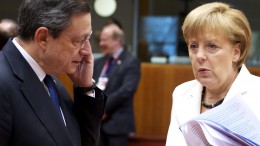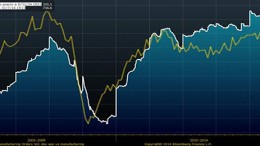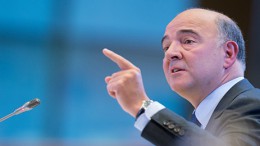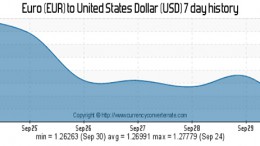Germany’s dilemma: Between Europe and the AfD’s europhobia
FRANKFURT | By Lidia Conde | It is time to grow! Well, that’s everybody’s motto. However nobody agrees on how. That’s why the European Central Bank is moving ahead with its bond-buying program. After all, if the ECB steps away from its inflation target, the structural unemployment rate would increase and the potential economy growth would be reduced.







